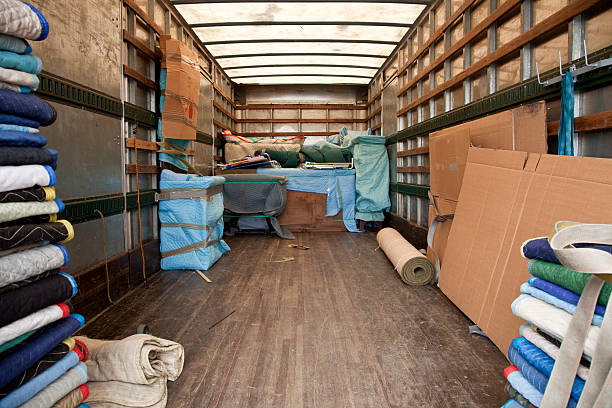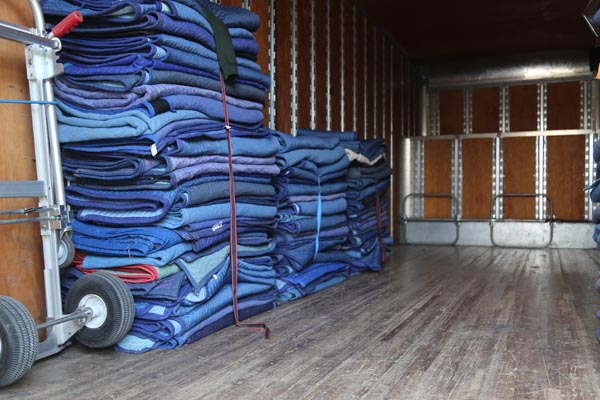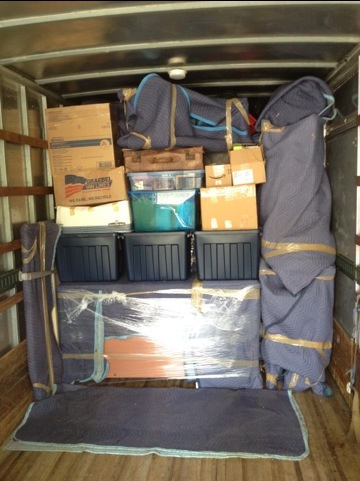Sneaky Traps That Some House Movers Make to Get You to Pay More
When moving, there are often unexpected costs that can quickly add up. The Australian Competition and Consumer Commission warn consumers to avoid moving companies that guarantee a cheap price, or that offer a “guaranteed” moving quote. Be aware of the sneaky traps some house movers use to get you to pay more after promising a fixed rate. Below are some of the most common money traps movers use to trick people.
Unexpected costs of moving
There are many unexpected costs in the moving industry and whilst some are legitimate part of business, others are a sneaky way to have you pay more than you should. Let’s go over some below:
Call out fee: Whilst a call out fee covers the cost of expenses from depot to pickup location, it isn’t always a fee that movers pass on to the customer. Check with your chosen professional moving specialist and ask if this is something they charge. You shouldn’t have to be paying for a moving truck to get to your house, but for the moving service of moving furniture from one location to another.
Stair fees: You probably don’t expect to pay extra for a moving company to climb stairs. However, this fee can add hundreds to your bill. To avoid such expenses, you should always make sure to ask about stair fees in advance. You don’t want to get hit with an unexpected bill that’s more than you bargained for. You can save money by performing some of the tasks yourself. But be realistic with your abilities. Stairs can add more time to the job, which means more charges.
Storage fees: Another unexpected cost when moving is a storage fee. You may need to store some household items in a warehouse while the movers get them to your new home. If you don’t do it yourself, this can be a costly mistake. Many movers charge extra for storage when they deliver a large piece of furniture, for example. This happens because of repairs, renovations, and paperwork issues. The cost of storage is often insignificant compared to the cost of the movers’ services.
Parking and Toll fees: If there is inadequate parking at the property or no facility of a loading dock, movers are expected to park on the street. They will often pass on the cost at inflated prices of their own, so ensure you prepare some parking in advance if you live in a parking scarce location.
Over cubic meterage fee: If you’ve worked out how much volume of furniture you have and the movers determined otherwise, you are at their mercy when it comes to delivering your belongings. Before unloading, some of the most sneaky movers will get you to pay an exorbitant amount extra saying there are more items than quoted or you’ve gone over the volume. This is understandably unethical practice that is all too common in the industry. To avoid this, ensure you are paying for an exclusive truck use moving service and not a backload that share truck space with others. Although the sharing of truck space is more common for long distance and interstate removalists, it is a good idea to dismantle bulky furniture and pack items in boxes so it is easily stackable.
Misleading advertising
It is possible to have your home moved by a house mover who is using misleading advertising to entice you to pay more. It is a form of deception that distort consumer decisions, and it is illegal. Under consumer protection laws, companies that use misleading advertising must rectify the situation and stop doing so. Here are a few examples of the kinds of misrepresentation that may happen:
Many house moving companies engage in misleading advertising. The best way to avoid this is to be cautious and research the moving company thoroughly. Read customer reviews on different websites to avoid falling victim to misleading advertising. Make sure the company has a good reputation and ask for references from previous customers. If they have a good reputation, they should be able to move your belongings in a timely manner.
House movers who use misleading advertising may be sued for deceptive advertising. The ACCC investigates advertising to ensure that standards are upheld. While it does not make any promises, it looks at the extent of the companies’ involvement in preparing the advertisement and whether the company should have known about the false claims. Consumers are protected with consumer guarantees from products and services paid for. Under Australian Consumer Law, a consumer has the right to remedy, refund or cancellation of services if it fails to meet consumer guarantee.









